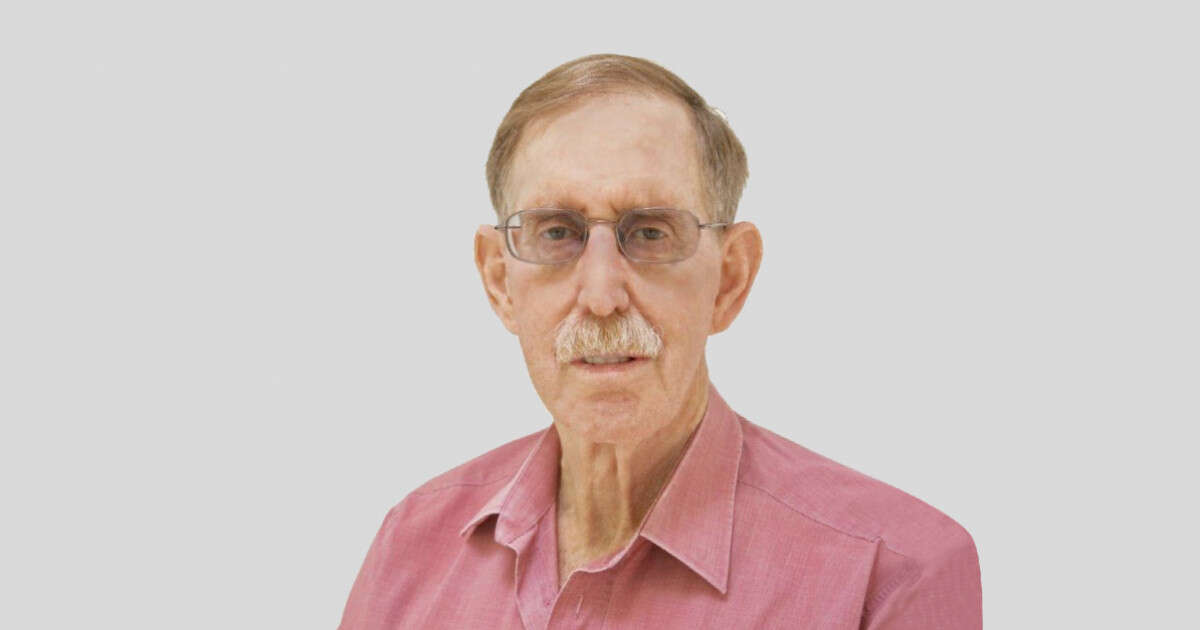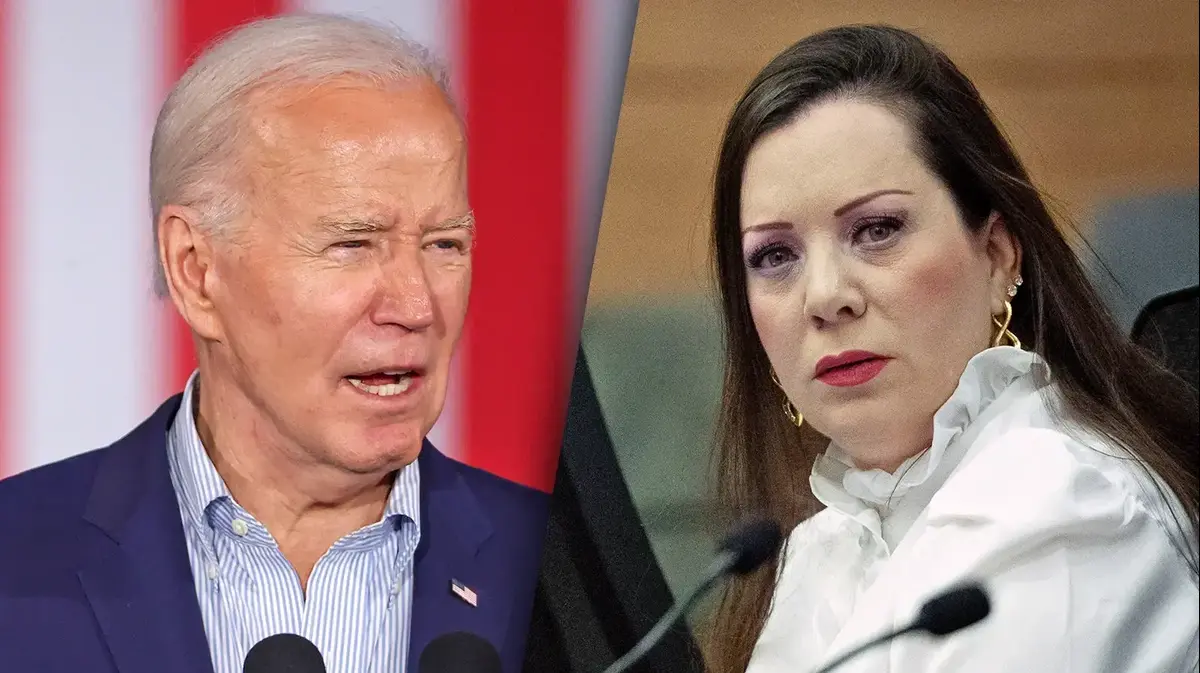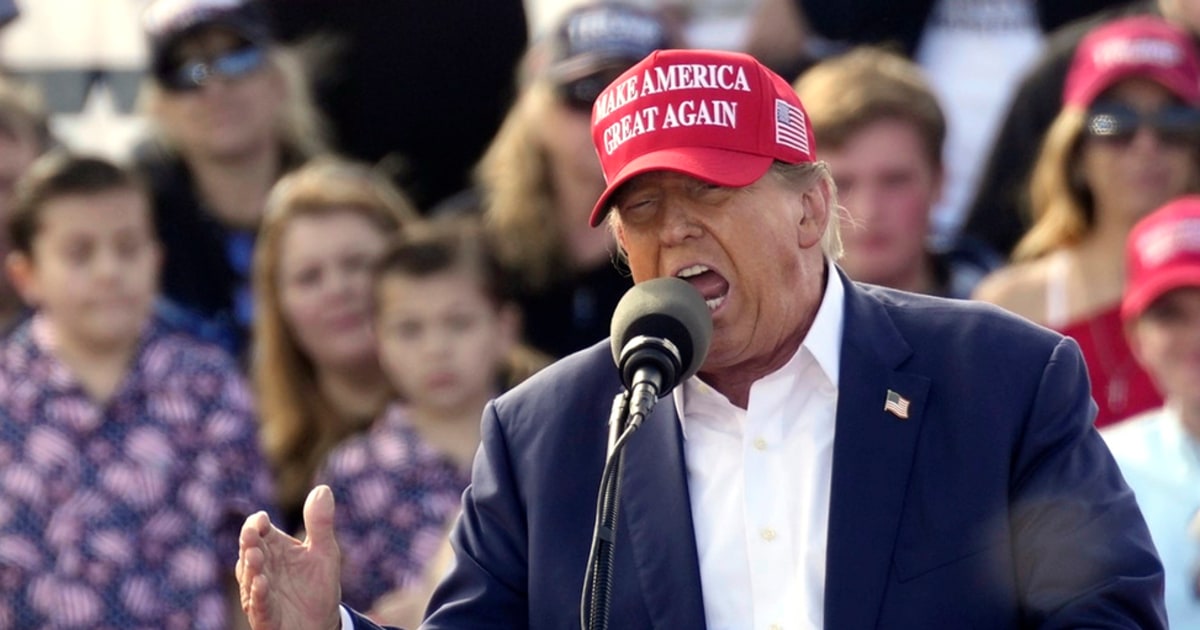The two most important kibbutzim of the Jewish people - the American Jewish community and the citizens of Israel - are drifting in opposite directions. In the days when attention, here and there, is directed to a long line of more pressing and dramatic matters, a worrying process, which creates a negative and destructive form among them, is slowly settling down. The serious threat to public health will soon be resolved, the economic crisis will pass, after causing considerable social damage, the question of sovereignty and its consequences are also only part of a series of crises, achievements and setbacks that have accompanied us in recent decades. In contrast, tensions between the mainstream Jews in the United States and Israel will probably only deepen in the foreseeable future. These are two inevitable processes, one positively Zionist and difficult to digest especially in America, the other being asked about the different polarity between Jews here and there.
The dizzying demographic success of Zionism has shaped the first process in which the first world war since the Second World War has moved from United States Jews to Israel. On the eve of the establishment of the state, six percent of the world's Jews lived in Israel, and now close to half of them. In the 1980s, Jews in Israel numbered about half their number in the United States. Today there are a million more Jews here than there. The huge difference in assimilation rates and the number of children per family makes the process of loss of American birth and the establishment of Israel as the decisive center of the Jewish people even demographically irreversible. Israel has been for many years because of the sovereign status in the homeland, and recently the phenomenon also encompasses the cultural work. The state was completely relieved of its dependence in the first decades of its existence on the generosity of the Jews of the United States, and their weight in raising strategic support for Israel is in a continuous decline.
The second process relates, as mentioned, to the different polarizing experience of life between the two great concentrations of the Jewish people: between those living in their homeland, in a violent, erratic and threatening environment, and a prosperous minority, in a social and economic position who can afford to adopt an optimistic and more relaxed worldview about human behavior in their country. And in the world. Their experience of life and their disappointments have made the mainstream in Israel more suspicious, more inclined to secure themselves a margin of safety, and more likely to use force for self-defense, even if it does not take good pictures. Recognizing the manipulability of his enemies and the grace of much of those who present themselves as friends, he learned to trust in his power and judgment and realized that punishing and condemning those objects to "save Israel at will" is less than the unbearable cost of receiving their puzzling advice. The Jewish public's trust in a wing that advocated a conciliatory approach that looked good had shrunk and gone since the euphoria of the early 1990s, and has collapsed since the "Second Intifada" nearly 20 years ago. His depleted remains were pushed to the edge of the political map.
United States Jews are moving in the opposite direction. In the first place, he joined the Liberal wing, during their struggle for equality of minority rights. The mainstream, with the exception of the Orthodox, remained there even after the community became established among the elites. In the process of polarization that has been affecting American society in recent decades, both conservatives and liberals have become entrenched in defining versions of their worldview. The "cold civil war" waged between the two divisions during Trump's presidency also led Democrats, along with what has happened to Republicans since the "Tea Party," to radicalize their "progressive" positions, which are very similar to the positions of European elites. These "progressive" positions call for deep and vigorous criticism, including what most of the Israeli public and any government that trusts (not just what is described as Netanyahu's "extreme right-wing government") sees as necessary for Israel's security.
The structural tension between the two worldviews, perceptions of reality and the definition of legitimate boundaries between the mainstream of Jewish kibbutzim, on both sides of the ocean, deserves attention, especially for the possibility that Democrats will return to the White House and Biden will try to pressure Israel on its own policy.
The Jews of the United States and Israel are moving away
2020-07-07T20:48:06.881Z

Dan shiftsThe two most important kibbutzim of the Jewish people - the American Jewish community and the citizens of Israel - are drifting in opposite directions. In the days when attention, here and there, is directed to a long line of more pressing and dramatic matters, a worrying process, which creates a negative and destructive form among them, is slowly settling down. The serious threat to public health...





/cloudfront-eu-central-1.images.arcpublishing.com/prisa/NNCDE7A2WZFPHLPCDES4NNQ6VM.JPG)
/cloudfront-eu-central-1.images.arcpublishing.com/prisa/FMV5LG454JCHHJXQWOFOOPMTJI.JPG)




/cloudfront-eu-central-1.images.arcpublishing.com/prisa/KMEYMJKESBAZBE4MRBAM4TGHIQ.jpg)


